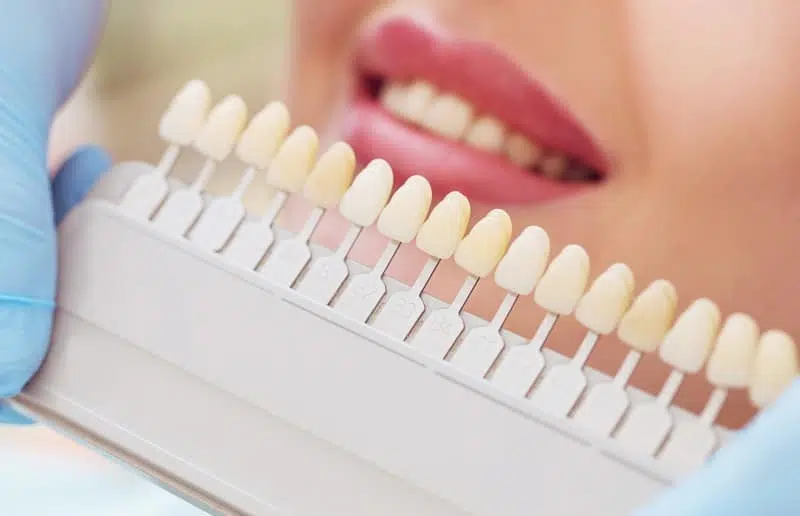As more people pursue both beauty and responsibility in their lifestyle choices, sustainability in cosmetic dentistry is becoming a hot topic. Patients seeking Composite Veneers in Dubai are now asking not only about aesthetics and durability, but also whether these treatments are eco-friendly and safe for long-term health. This article explores the environmental and biocompatible aspects of composite veneers, offering insight into how modern dental solutions are aligning with green values.
What Makes a Dental Material Sustainable:
Sustainability in dentistry goes beyond just the materials used—it's also about the production process, waste reduction, and patient safety. Composite veneers can be considered eco-conscious when they:
- Require minimal invasive procedures, reducing the need for resource-intensive treatments.
- Involve fewer appointments, lowering the overall carbon footprint of patient care.
- Use resin materials that are manufactured with reduced environmental impact.
- Offer repairability, which extends their life and reduces unnecessary replacements.
These factors make composite veneers a more sustainable alternative compared to some traditional dental procedures.
Biocompatibility: Are Composite Veneers Safe for the Body?
Biocompatibility refers to how well a material interacts with the human body without causing harm. Composite veneers are generally regarded as safe due to the following characteristics:
- Made from tooth-colored resin materials that are non-toxic.
- Designed to bond securely to the natural tooth surface.
- Do not contain metal or mercury, unlike some older dental restorations.
- Rarely trigger allergic reactions or sensitivities when properly cured.
Modern dental composites have been tested extensively to ensure safety, making them suitable for long-term use.
Environmental Impact of Composite Veneer Materials:
While composite veneers are synthetic, their environmental footprint is relatively low compared to ceramic or metal alternatives. Reasons include:
- Less energy-intensive manufacturing: Composite materials typically require lower temperatures and fewer resources to produce.
- Local application: Veneers can often be sculpted directly onto the tooth, reducing the need for lab-based processing.
- Fewer disposables: Fewer appointments and simpler procedures mean reduced use of single-use plastics and dental tools.
Clinics that prioritize eco-conscious practices can further reduce environmental impact by using recyclable packaging, energy-efficient equipment, and sustainable disposal methods.
Why Dubai Clinics Are Moving Toward Greener Dentistry:
Dental clinics in Dubai are becoming more eco-aware as patient demand for sustainability grows. Many are incorporating:
- Digital imaging: Reduces chemical waste from traditional X-rays.
- Water-saving technologies: Minimizes water usage in dental procedures.
- Low-waste systems: Encourages responsible use of disposables and sharps.
- Sustainable building practices: Clinics designed with energy-efficient lighting and climate control.
This shift not only benefits the planet but also attracts environmentally conscious patients.
How Patients Can Support Eco-Friendly Veneer Choices:
Even as a patient, you can make more sustainable choices during your veneer treatment. Here’s how:
- Choose a clinic that promotes eco-friendly or green dentistry initiatives.
- Ask about the sustainability of the materials used in your veneers.
- Request minimal packaging and digital communication when possible.
- Commit to maintaining your veneers properly to avoid premature replacements.
- Consider travel options that lower your carbon footprint if visiting from abroad.
Active participation supports a greener dental experience and promotes responsible healthcare.
Final Thoughts:
Choosing Composite Veneers in Dubai doesn’t just mean getting a radiant smile—it can also reflect your values when done thoughtfully. Composite veneers are not only biocompatible and safe but can also be part of a more sustainable approach to cosmetic dentistry. With Dubai clinics increasingly focusing on eco-conscious practices, patients now have the opportunity to enhance their smiles while minimizing their environmental impact. In today’s world, health and sustainability go hand in hand—and your dental choices can reflect both.

